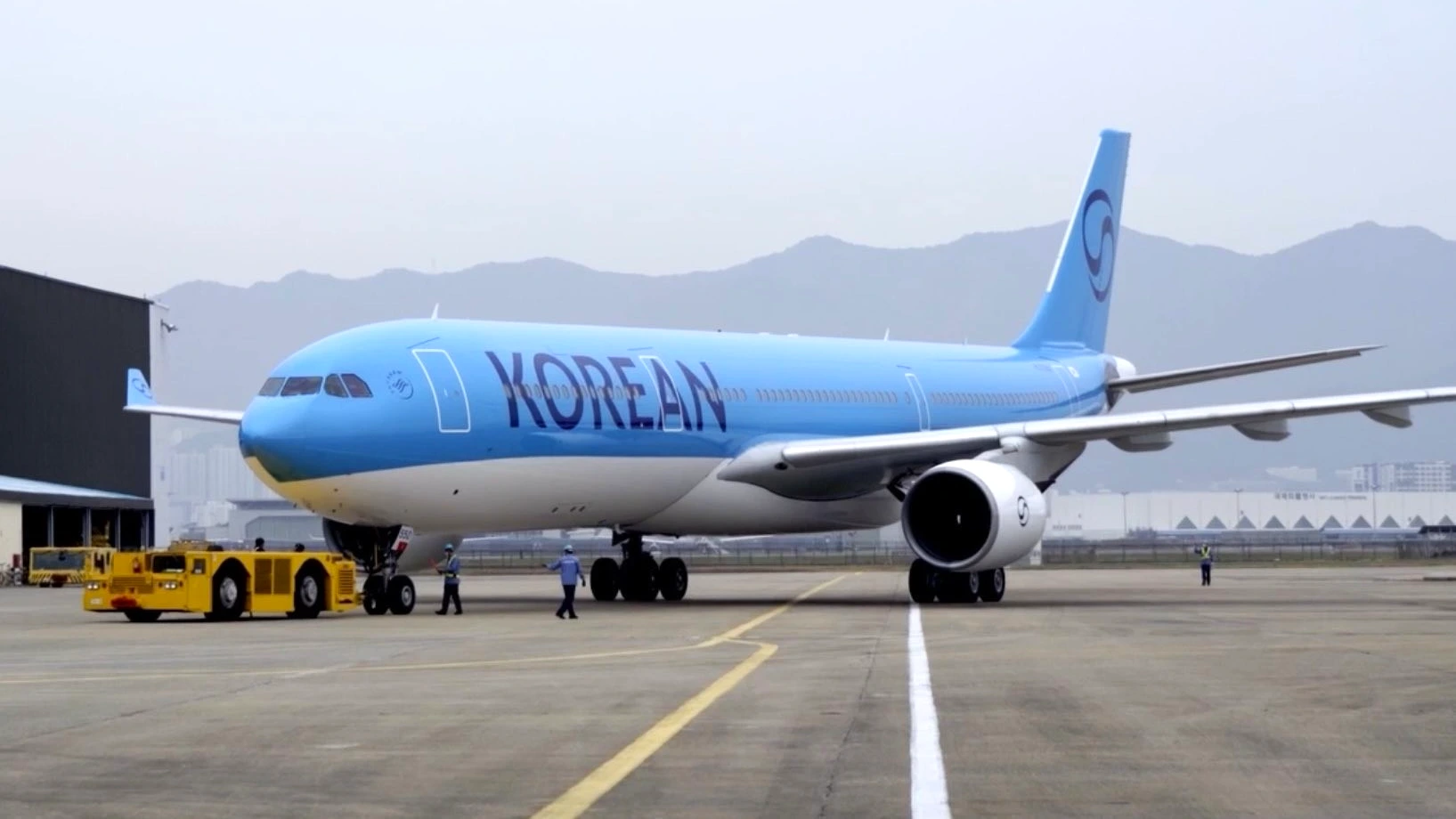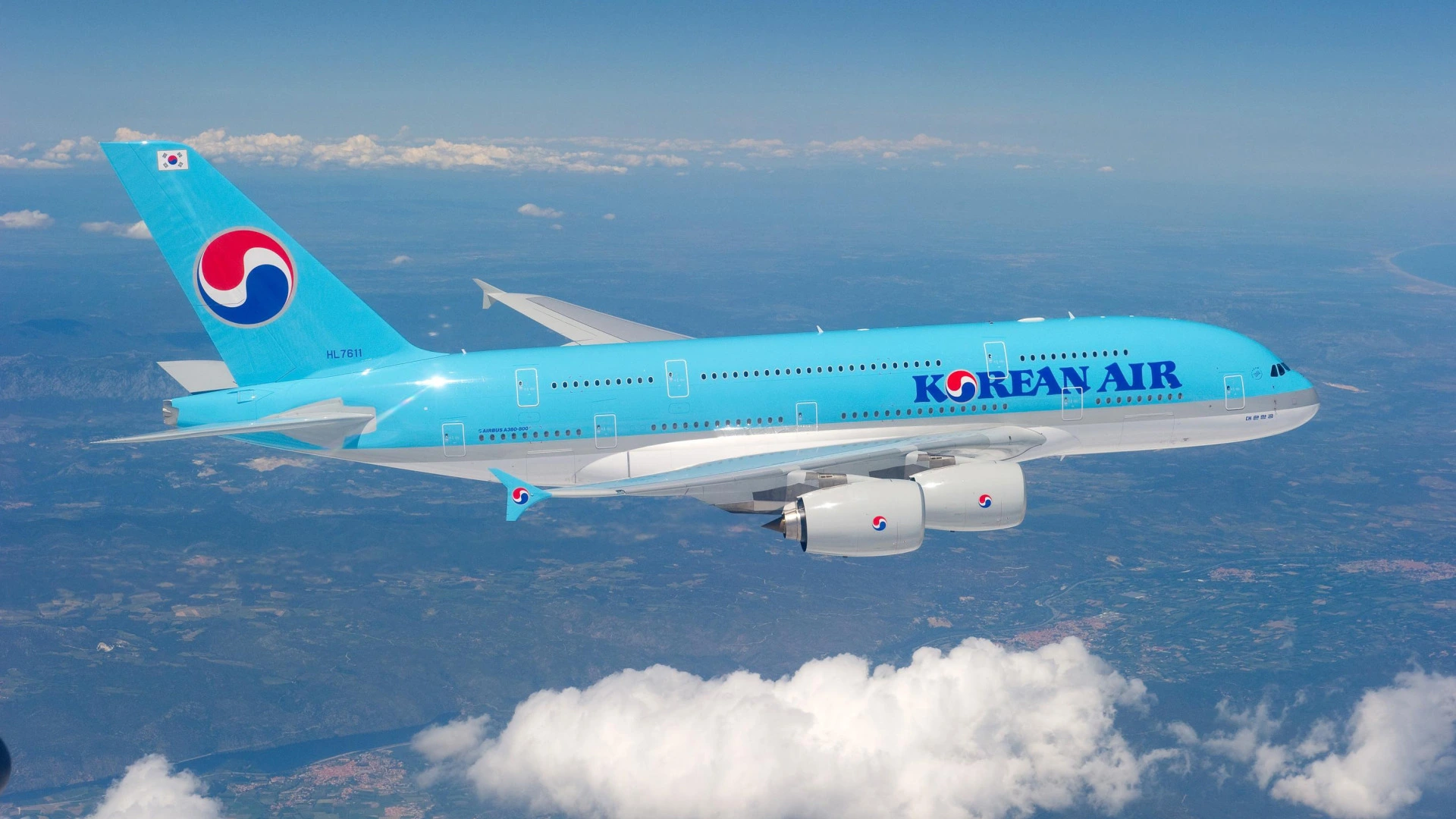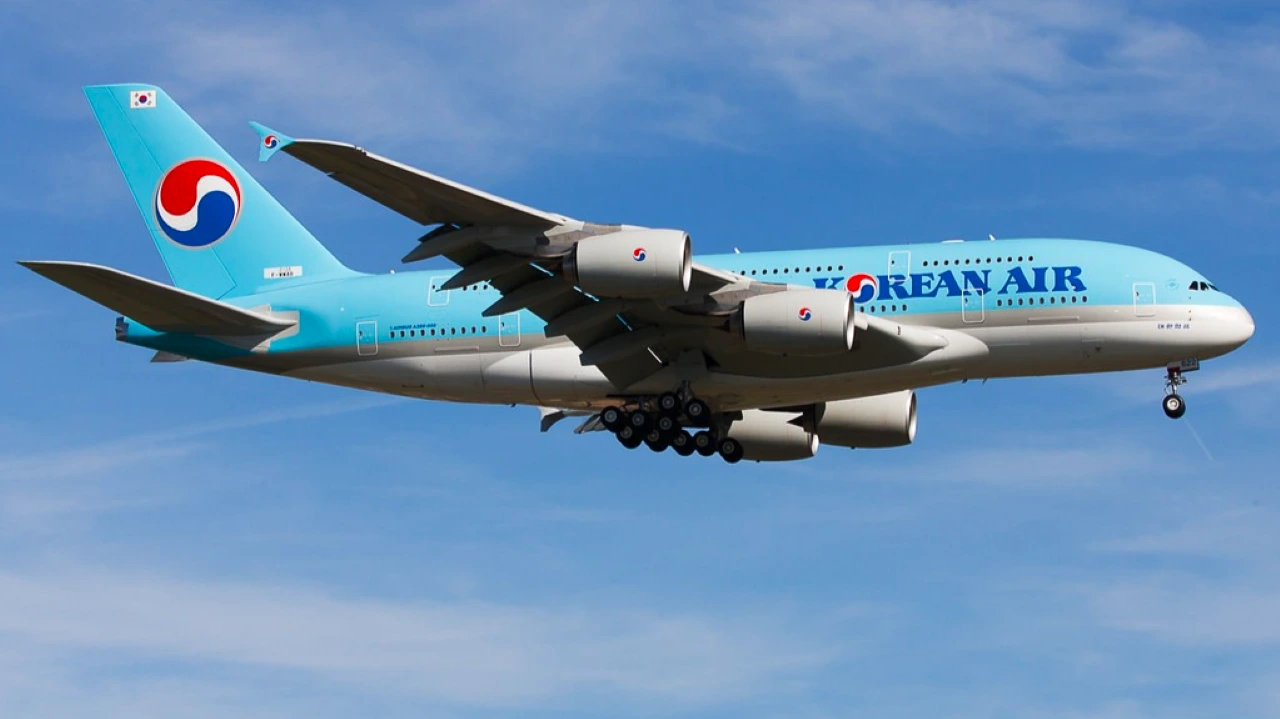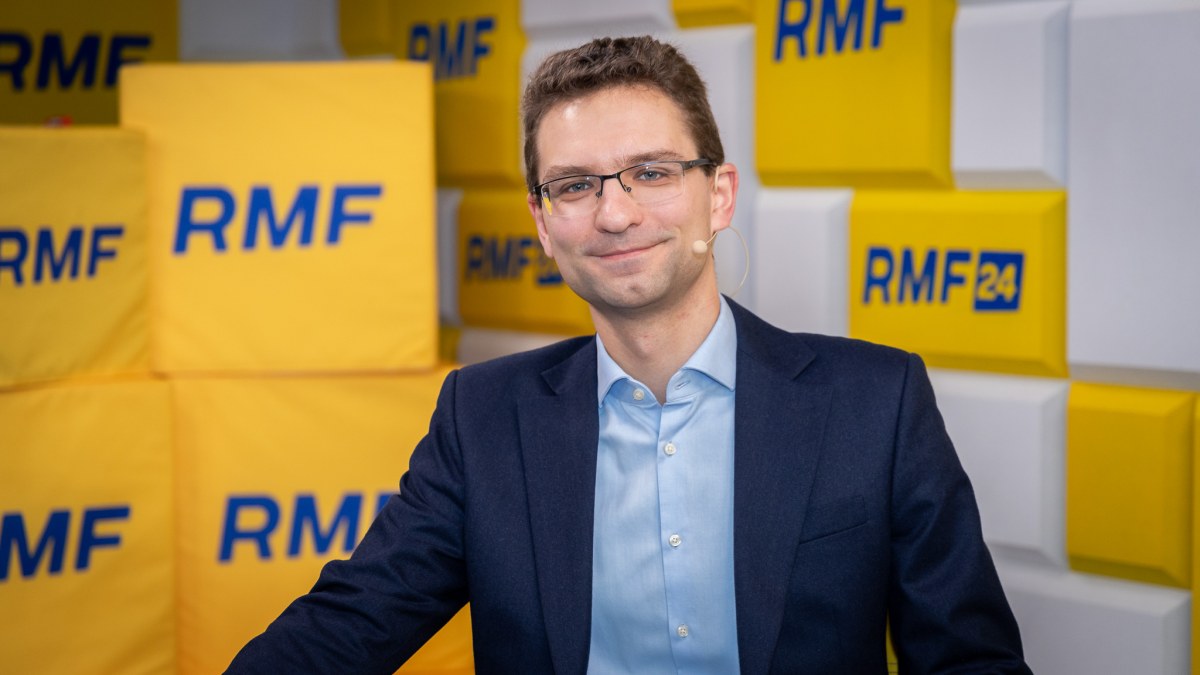
SEOUL Korean Air (KE) планирует расширить использование смесей устойчивого авиационного топлива (SAF) на внутренних маршрутах между Южной Кореей и Японией. Авиакомпания будет применять смесь SAF 1% для дополнительных рейсов за пределами своих существующих пробных услуг.
Корейский Incheon Air впервые использовала SAF на рейсе KE719 из Сеула-Инчхона (ICN) в Токио-Ханэда (HND) в августе 2024 года в рамках еженедельной внутренней программы смешивания. Теперь авиакомпания намерена распространить эту практику на другие японские направления.
 Фото: Korean Air
Фото: Korean AirРасширение маршрутов и поставок SAF
корейский Air будет применять смесь SAF на маршрутах из Инчхона в Кобе (Великобритания) и из Сеула Гимпо (GMP) в Осаку (KIX), сообщает Flight Global. Расширение следует за первоначальным испытанием Incheon-to-Haneda и продлится до конца 2026 года.
SAF будет поставляться HD Hyundai Oilbank для маршрута Инчхон-Кобе и GS Caltex для маршрута Гимпо-Осака.
Оба топлива рафинируются из отработанного растительного масла и соответствующего сырья. Они сертифицированы в соответствии с международными стандартами устойчивости, обеспечивая безопасность и соблюдение экологических норм.
Южная Корея обязалась сделать смешивание SAF обязательным на всех международных рейсах, вылетающих из страны, начиная с 2027 года, с минимальной смесью 1%. Это поддерживает цель правительства по сокращению международных авиационных выбросов на 5% к 2030 году.
 Фото: 74777; GoodFon.com
Фото: 74777; GoodFon.comЭкологическое и стратегическое значение
Использование SAF может снизить выбросы углерода в течение всего жизненного цикла на 80% по сравнению с обычным реактивным топливом. В то время как 1-процентная смесь представляет собой скромное начало, расширение сигнализирует о значимом шаге к более широким целям устойчивого развития Korean Air.
Покупка SAF внутри страны, корейский Air укрепляет устойчивость своей цепочки поставок и демонстрирует лидерство в экологической авиации. Авиакомпания также позиционирует себя впереди нормативных требований и международных тенденций в отношении более экологичного авиационного топлива.
Несмотря на прогресс, более высокие коэффициенты смешивания SAF остаются дорогими и сталкиваются с ограничениями инфраструктуры и поставок. Korean Air и южнокорейское правительство должны будут увеличить производственные мощности и, возможно, ввести стимулы для более широкого распространения SAF.
Переходный период до 2026 года будет иметь решающее значение для создания надежных цепочек поставок, расширения мощностей НПЗ и обеспечения приемлемости на рынке. В случае успеха Korean Air будет иметь хорошие возможности для выполнения мандата 2027 года и станет примером для других азиатских перевозчиков.
 Источник: Clément Alloing
Источник: Clément AlloingНижняя линия
корейский Решение Air расширить использование SAF на большем количестве рейсов в Японию отражает как нормативную динамику, так и собственные обязательства по устойчивому развитию.
Поскольку авиакомпания выполняет расширенную программу на таких маршрутах, как Инчхон-Кобе и Гимпо-Осака, она закладывает основу для обязательного смешивания SAF с 2027 года.
Этот сдвиг может помочь сократить авиационные выбросы, укрепить внутреннее производство SAF и привести Южную Корею в соответствие с глобальными экологическими стандартами.
Оставайтесь с нами. Следуйте за нами в социальных сетях для последних обновлений.
Присоединяйтесь к нам в Telegram Group для последних обновлений авиации. Следуйте за нами в Google News
Запуск корейского премиум-класса повышает комфорт экономики
Посткорейская авиация для увеличения использования SAF на рейсах между Южной Кореей и Японией впервые появилась на Aviation A2Z.









